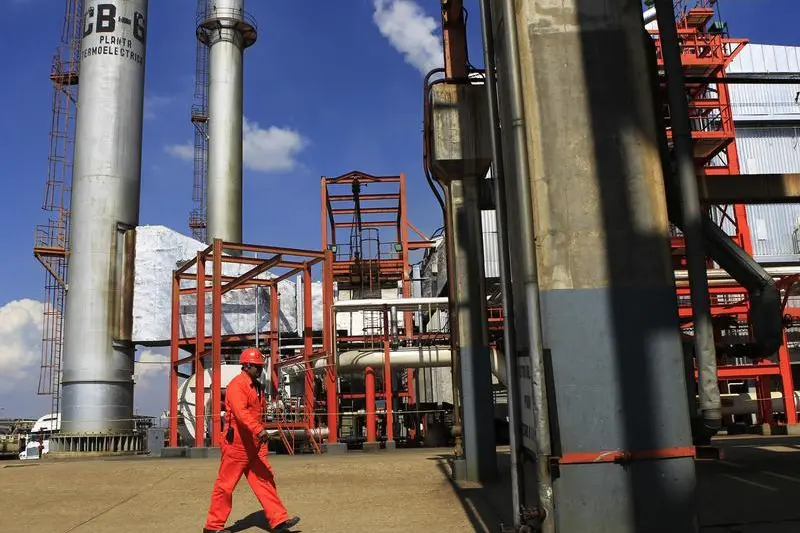PHOTO
The country’s credit challenges relate to the country's fiscal reliance on oil and gas and limited institutional transparency, according to a recent report by Moody's Investors Service.
"The UAE's superior infrastructure, very high per capita income and vast hydrocarbon reserves support its creditworthiness. These strengths are balanced against challenges which include limited institutional transparency and the absence of public data around offshore assets and some of the emirates' public finances,” said Thaddeus Best, a Moody's Analyst and co-author of the report.
Despite the UAE's relatively high exposure to hydrocarbons, the oil price drop did not dramatically alter the economy's medium-term real growth trajectory. Moody's expects GDP growth of 2.1 per cent in 2018 and 3.9 per cent in 2019. Moody's forecasts non-oil growth to recover gradually in 2018-2021, supported by government spending after three years of cuts. The UAE's very high fiscal strength reflects the country's record of large fiscal surpluses and build-up of very large financial assets in Abu Dhabi's sovereign wealth fund (ADIA).
Although the general government fiscal position deteriorated significantly between 2015 and 2017, the large stock of financial assets means that the government can easily finance its deficits without resorting to debt issuance. As a result of Abu Dhabi's fiscal consolidation and the recovery in oil prices, Moody's expects the UAE's consolidated government deficit to decrease to 0.8 per cent of GDP in 2018, from an expected 2.3 per cent in 2017. The UAE's consolidated fiscal position shows a diverging path between Abu Dhabi, where broad spending cuts were enacted, and Dubai, which has continued to increase spending ahead of the World Expo 2020.
Further improvements in policy transparency and data availability at the emirate and Federal level would support a rating upgrade, although at the current rating level the threshold is high. A material appeasement in regional geopolitical tensions would also be credit positive. Conversely, Moody's would downgrade the UAE's rating if a prolonged period of lower oil prices and the crystallization of contingent liabilities placed the consolidated fiscal accounts under sustained pressure, or if an escalation of regional tensions were to affect the UAE's economy.
© 2018 CPI Financial. All rights reserved. Provided by SyndiGate Media Inc. (Syndigate.info).
© CPI Financial 2018




















